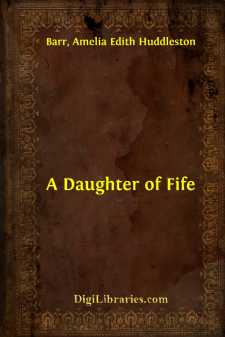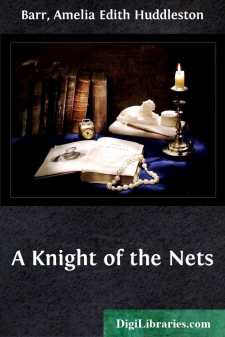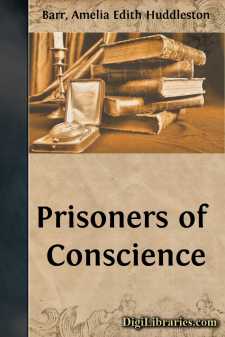Categories
- Antiques & Collectibles 13
- Architecture 36
- Art 48
- Bibles 22
- Biography & Autobiography 813
- Body, Mind & Spirit 142
- Business & Economics 28
- Children's Books 17
- Children's Fiction 14
- Computers 4
- Cooking 94
- Crafts & Hobbies 4
- Drama 346
- Education 46
- Family & Relationships 57
- Fiction 11829
- Games 19
- Gardening 17
- Health & Fitness 34
- History 1377
- House & Home 1
- Humor 147
- Juvenile Fiction 1873
- Juvenile Nonfiction 202
- Language Arts & Disciplines 88
- Law 16
- Literary Collections 686
- Literary Criticism 179
- Mathematics 13
- Medical 41
- Music 40
- Nature 179
- Non-Classifiable 1768
- Performing Arts 7
- Periodicals 1453
- Philosophy 64
- Photography 2
- Poetry 896
- Political Science 203
- Psychology 42
- Reference 154
- Religion 513
- Science 126
- Self-Help 84
- Social Science 81
- Sports & Recreation 34
- Study Aids 3
- Technology & Engineering 59
- Transportation 23
- Travel 463
- True Crime 29
Our website is made possible by displaying online advertisements to our visitors.
Please consider supporting us by disabling your ad blocker.
A Rose of a Hundred Leaves A Love Story
Description:
Excerpt
CHAPTER I.
THE WILD ROSE IS THE SWEETEST.
I tell again the oldest and the newest story of all the world,—the story of Invincible Love!
This tale divine—ancient as the beginning of things, fresh and young as the passing hour—has forms and names various as humanity. The story of Aspatria Anneys is but one of these,—one leaf from all the roses in the world, one note of all its myriad of songs.
Aspatria was born at Seat-Ambar, an old house in Allerdale. It had Skiddaw to shelter it on the northwest; and it looked boldly out across the Solway, and into that sequestered valley in Furness known as “the Vale of the Deadly Nightshade.” The plant still grew there abundantly, and the villagers still kept the knowledge of its medical value taught them by the old monks of Furness. For these curious, patient herbalists had discovered the blessing hidden in the fair, poisonous amaryllis, long before modern physicians called it “belladonna.”
The plant, with all its lovely relations, had settled in the garden at Seat-Ambar. Aspatria’s mother had loved them all: the girl could still remember her thin white hands clasping the golden jonquils in her coffin. This memory was in her heart, as she hastened through the lonely place one evening in spring. It ought to have been a pleasant spot, for it was full of snowdrops and daffodils, and many sweet old-fashioned shrubs and flowers; but it was a stormy night, and the blossoms were plashed and downcast, and all the birds in hiding from the fierce wind and driving rain.
She was glad to get out of the gray, wet, shivery atmosphere, and to come into the large hall, ruddy and glowing with fire and candle-light. Her brothers William and Brune sat at the table. Will was counting money; it stood in small gold and silver pillars before him. Brune was making fishing-flies. Both looked up at her entrance; they did not think words necessary for such a little maid. Yet both loved her; she was their only sister, and both gave her the respect to which she was entitled as co-heir with them of the Ambar estate.
She was just sixteen, and not yet beautiful. She was too young for beauty. Her form was not developed; she would probably gain two or three inches in height; and her face, though exquisitely modelled, wanted the refining which comes either from a multitude of complex emotions or is given at once by some great heart-sorrow. Yet she had fascination for those capable of feeling her charm. Her large brown eyes had their childlike clearness; they looked every one in the face with its security of good-will. Her mouth was a tempting mouth; the lips had not lost their bow-shape; they were red and pouting, but withal ever ready to part. She might have been born with a smile. Her hair, soft and dark, had that rarest quality of soft hair,—a tendency to make itself into little curls and tendrils and stray down the white throat and over the white brow; yet it was carefully parted and confined in two long braids, tied at the ends with a black ribbon.
She wore a black dress....












